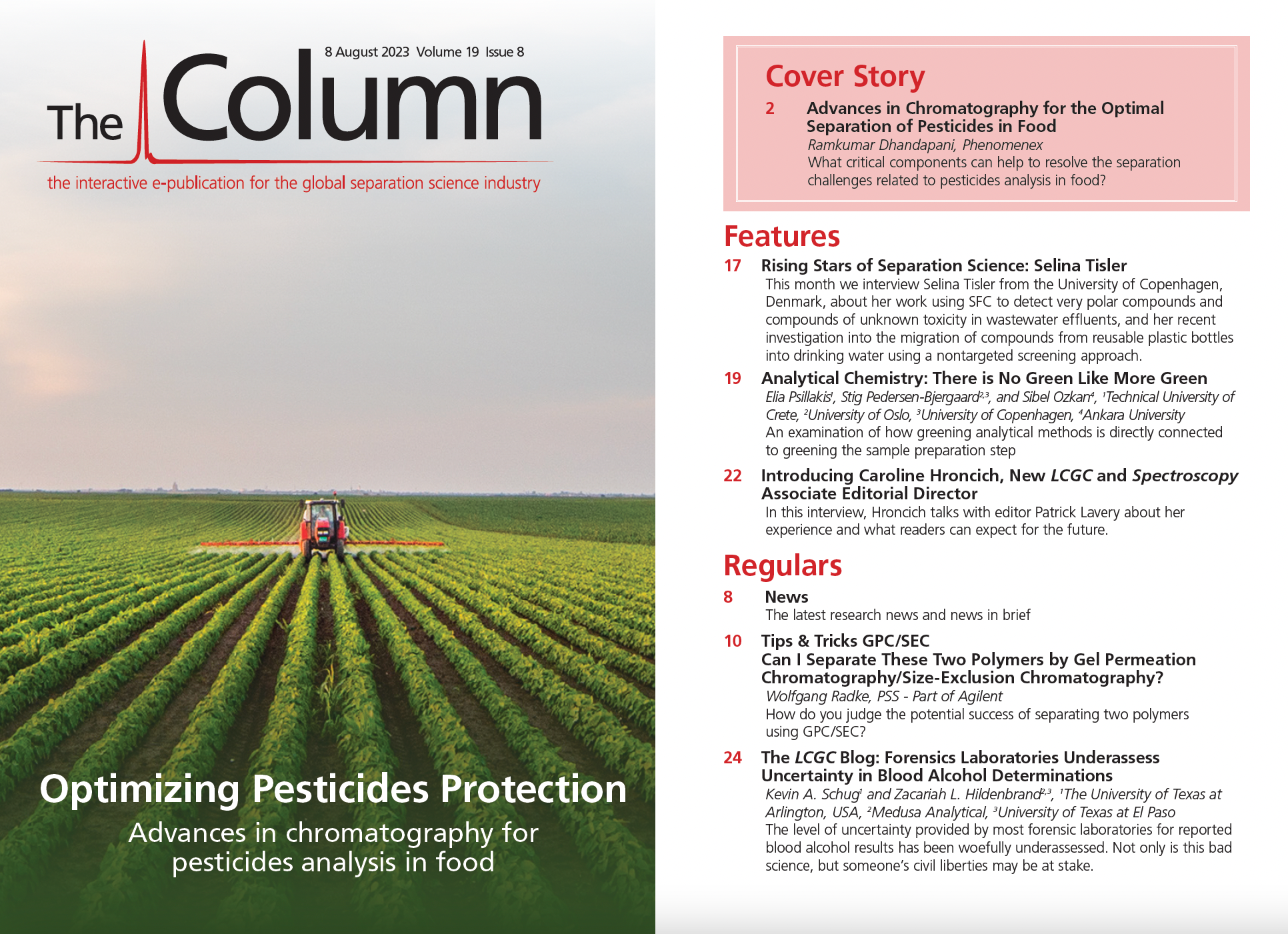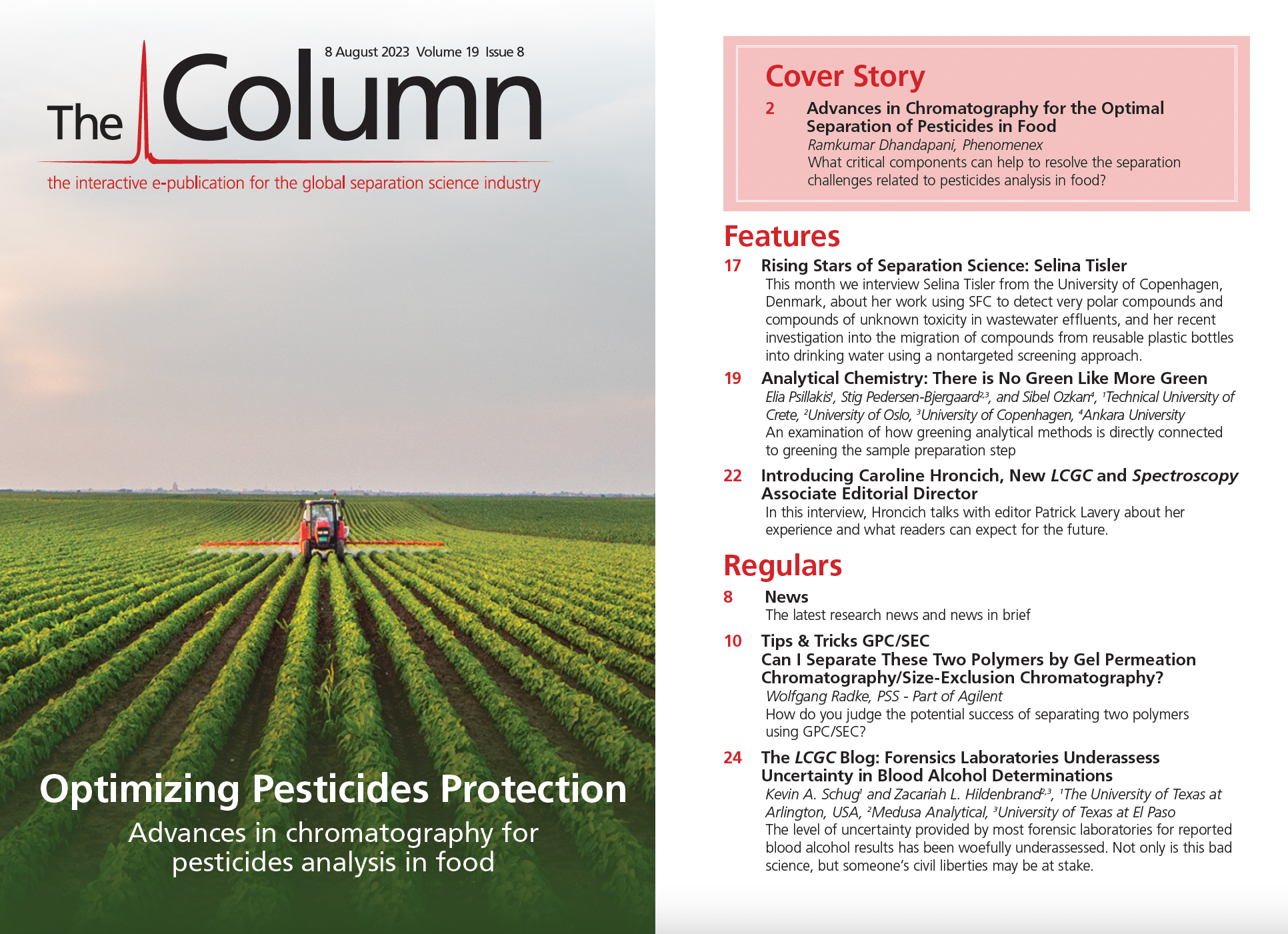Markes International Enters into Agreement with ExtraTech
Markes International (Bridgend, UK) has recently entered into a partnership with ExtraTech Analytical Solutions (Chania-Crete, Greece) to globally distribute ExtraTech’s vacuum-assisted caps for headspace microextraction. The caps extend the applicability of headspace, solid-phase microextraction (SPME), and SPME Arrow sample extractions by enabling analytes to be extracted under vacuum conditions with milder heating and agitation compared to current nonvacuum methods.
Abstract triangle vector background | Image Credit: © igor_shmel - stock.adobe.com

The use of vacuum-assisted caps reduces the risk of sample degradation, resulting in a more representative sample profile and higher extraction sensitivities. Rachael Szafnauer, product marketing manager of Markes’ sample extraction product lines, said: “We are very excited about how the caps enable analysts to benefit from enhanced extraction capabilities. ExtraTech’s technology is a great fit with the Markes’ sampling technologies [...] and we’re looking forward to working closely with our customers.”
ExtraTech’s founder, Elia Psillakis, commented: “Our long-standing collaboration with Markes has been driven by our shared passion, determination, and commitment to innovation. Now we have brought vacuum-assisted extraction technology to market, I am convinced that our products and methods will benefit laboratories worldwide.”
For more information, please visit: www.markes.com

A Novel LC–QTOF-MS DIA Method for Pesticide Quantification and Screening in Agricultural Waters
May 8th 2025Scientists from the University of Santiago de Compostela developed a liquid chromatography quadrupole time-of-flight mass spectrometry (LC–QTOF-MS) operated in data-independent acquisition (DIA) mode for pesticide quantification in agriculturally impacted waters.
Investigating 3D-Printable Stationary Phases in Liquid Chromatography
May 7th 20253D printing technology has potential in chromatography, but a major challenge is developing materials with both high porosity and robust mechanical properties. Recently, scientists compared the separation performances of eight different 3D printable stationary phases.

.png&w=3840&q=75)

.png&w=3840&q=75)



.png&w=3840&q=75)



.png&w=3840&q=75)












